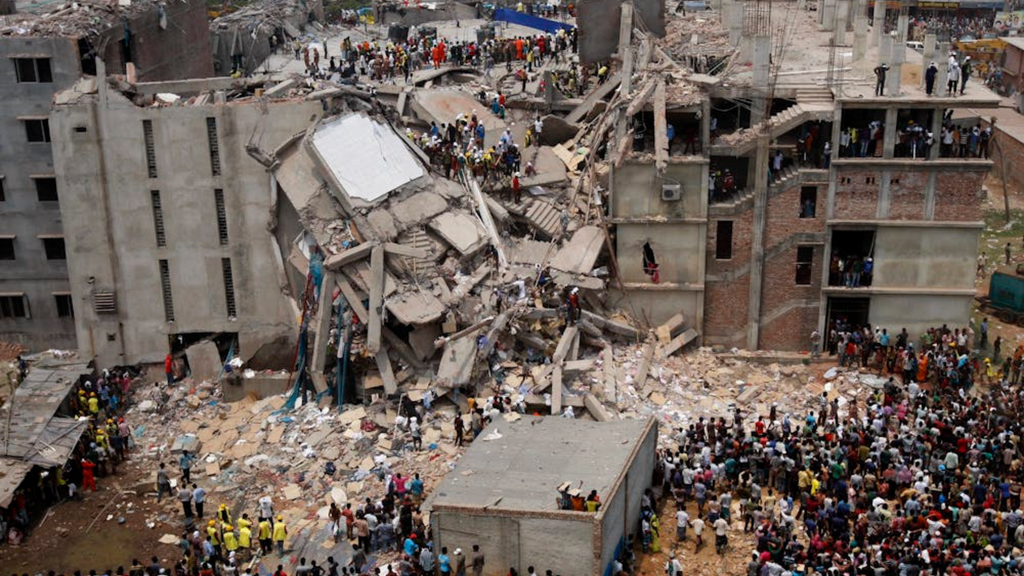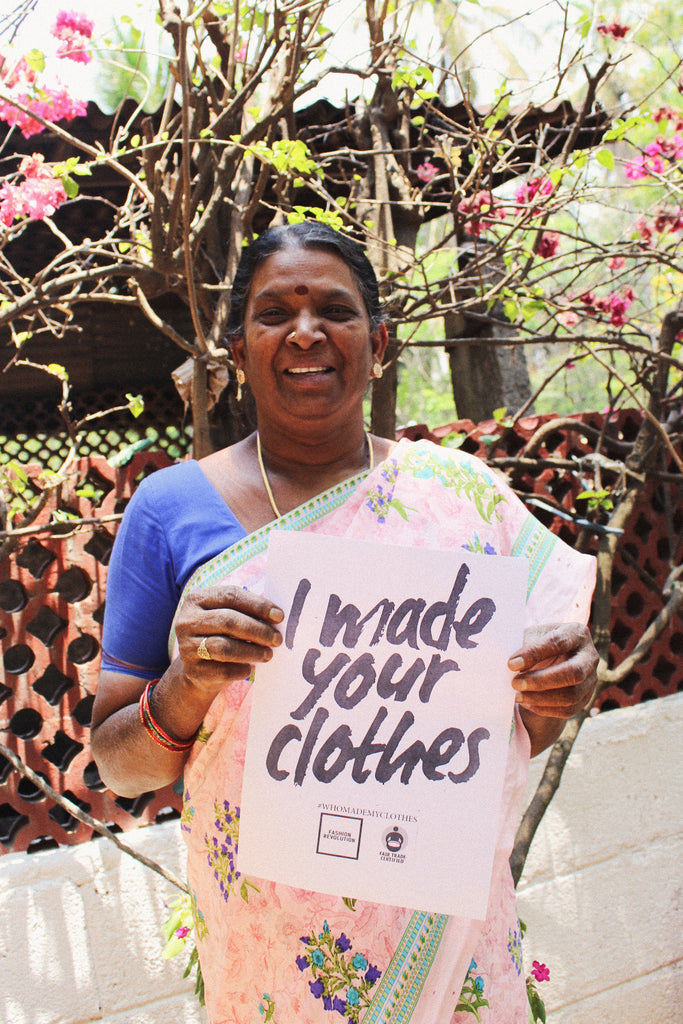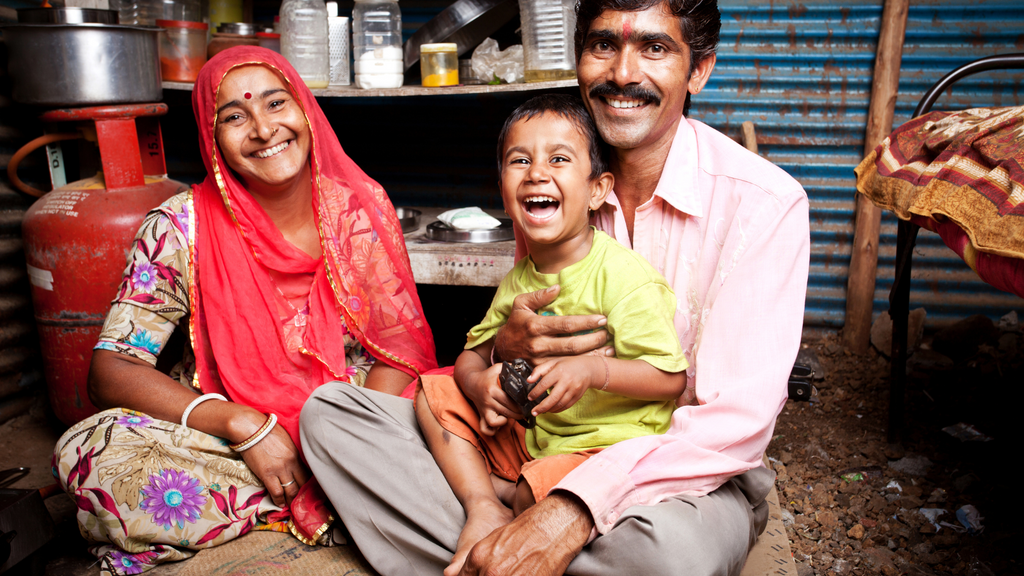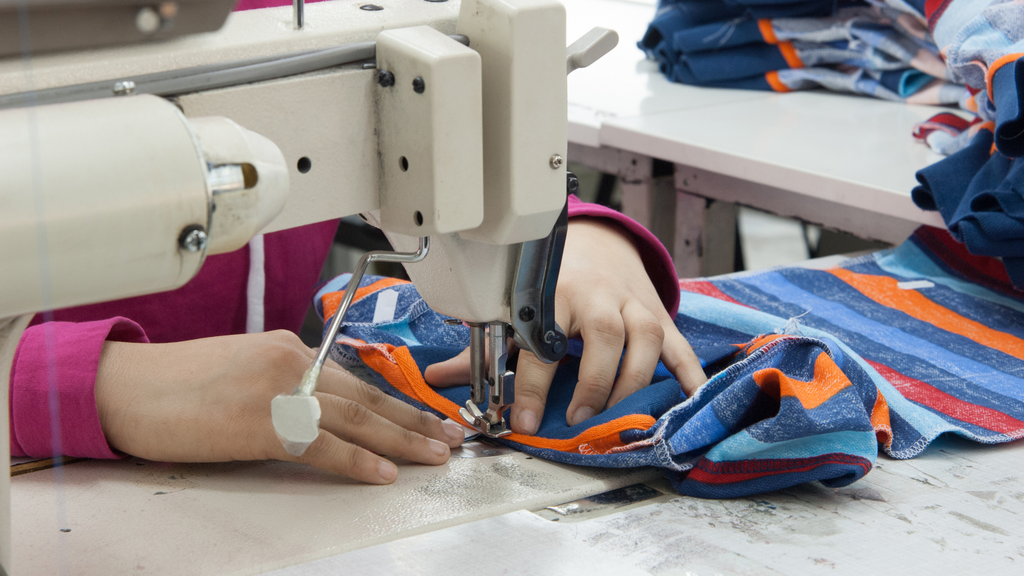Fashion Revolution Week: How Fair Trade Fashion Empowers Communities


What is Fashion Revolution Week about?
Fashion Revolution Week commemorates the Rana Plaza disaster of 2013, when a horrific factory collapse in Bangladesh claimed over 1,100 lives. It serves as a stark reminder of the human cost of fast fashion and the urgent need for change. The week is packed with events and activities focused on raising awareness about the fashion industry's impact on people and the planet. It's a chance to learn more about:
- Ethical production: Where are your clothes made? Who makes them?
- Sustainability: How does the fashion industry impact the environment?
- Transparency: Do fashion brands hold themselves accountable for their practices?
 This year’s Fashion Revolution Week theme is “How to be a Fashion Revolutionary.” Fashion is a feminist, race, and climate issue – one that we must take on together to solve the problem. Fashion Revolution Week is about empowering everyone to take action and be a part of the solution. By joining the movement, you can help create a fashion industry that's better for people, the planet, and your wardrobe.
This year’s Fashion Revolution Week theme is “How to be a Fashion Revolutionary.” Fashion is a feminist, race, and climate issue – one that we must take on together to solve the problem. Fashion Revolution Week is about empowering everyone to take action and be a part of the solution. By joining the movement, you can help create a fashion industry that's better for people, the planet, and your wardrobe.
One way that you can make a difference is by shopping Fair Trade fashion and goods whenever possible. When you wrap your Passion Lilie scarf or grind your favorite coffee beans, do you ever think about their journey to you or the hands that produced them? Fair Trade asks us to reflect on these questions and pushes for a more sustainable and equitable global trade system. In this post, we’ll dive into how Fair Trade fashion empowers communities around the world.
 Economic Empowerment
Economic Empowerment
- Fair Prices: Fair Trade guarantees farmers and workers a minimum price for their products, protecting them from volatile market fluctuations and ensuring a more stable income. This allows families to invest in their future, improve their standard of living, and break the cycle of poverty. Fair wages are a key part of Passion Lilie’s mission. We work with a small group of artisans in India and ensure that they are paid fairly to labor in healthy, safe surroundings.
- Cooperative Power: Fair Trade encourages producers to organize into cooperatives, giving them a stronger voice in negotiations and greater control over their supply chain.
- Premium Power: Fair Trade products often come with a premium, which goes directly back to the producer communities. These funds can be used for vital community development projects like healthcare facilities, schools, or clean water initiatives.
 Social Empowerment:
Social Empowerment:
- Safe Working Conditions: Fair Trade certification ensures safe working environments, prohibits child labor, and promotes fair treatment for all workers. Fair Trade fashion protects workers from disasters like the Rana Plaza collapse.
- Gender Equality: Fair Trade standards actively promote gender equality within producer organizations, ensuring women have a say in decision-making and opportunities for leadership. Female workers comprise more than 60% of the apparel industry, but their opportunities for professional growth are often limited. Fair trade fashion invests in women and works to ensure equal rights within the industry.
- Education and Training: Fair Trade organizations often invest in educational programs and training initiatives that empower communities and equip individuals with valuable skills. For example, Passion Lilie sponsors a training program in India that helps women rise to the more advanced – and higher paying – position of tailor. Tailors make more money and have more opportunities than lower positions in the garment industry. Through our training program, women interested in entering the apparel industry receive three months of free job training, a salary, a loaned sewing machine and free space to work in our partner's sewing unit. The trainee learns valuable advanced sewing skills on a variety of garments and fabrics allowing them to become a skilled tailor and receive a salary increase.
How You Can Make a Difference:
By choosing Fair Trade products, you're not just buying a cup of coffee or a pretty dress; you're making a conscious decision to support a more just and sustainable world. Here's how you can get involved:
- Look for Fair Trade labels and certifications when shopping for clothes, coffee, tea, chocolate, flowers, and many other products.
- Shop local and independent. Small businesses (like Passion Lilie!) are likelier to stock Fair Trade products.
- Spread awareness: Talk to friends and family about Fair Trade and why it matters.
 This Fashion Revolution Week, you can be a revolutionary by choosing to shop Fair Trade and support Fair Trade businesses. Let's make a difference by choosing Fair Trade fashion not just during Fashion Revolution Week, but every day of the year. Together, we can empower communities, protect workers' rights, and create a more sustainable future for fashion.
This Fashion Revolution Week, you can be a revolutionary by choosing to shop Fair Trade and support Fair Trade businesses. Let's make a difference by choosing Fair Trade fashion not just during Fashion Revolution Week, but every day of the year. Together, we can empower communities, protect workers' rights, and create a more sustainable future for fashion.


Leave a comment